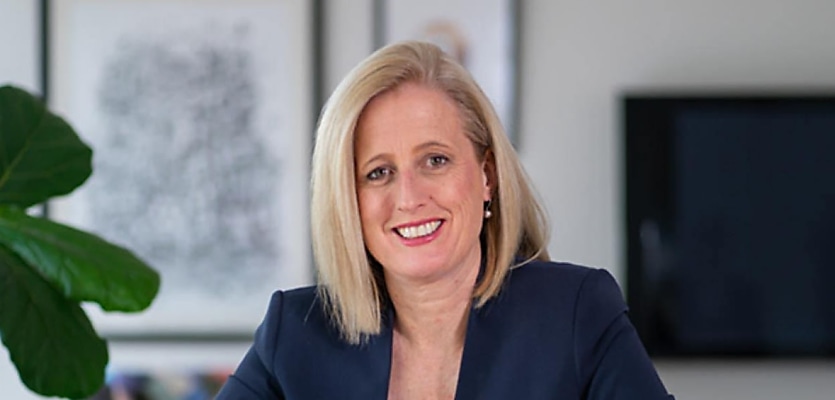In a bid to close the gender pay gap, the Albanese government is pushing for new legislation that would increase employer transparency.
The Workplace Gender Equality Amendment (Closing the Gender Pay Gap) Bill 2023 seeks to increase pay transparency and reduce disparities between male and female workers’ earnings.
Under the proposed law, which was created in line with recommendations of the review 2021 Review of the Workplace Gender Equality Act 2012, companies with over 100 employees would be required to publicly report on their gender pay gaps.
This includes average wage disparity, the gender composition of the workforce in each pay quartile, and the number of men and women receiving bonuses.
It also includes setting a new requirement for policies or strategies across gender equality drivers and refining what employers report to the Workplace Gender Equality Agency (WGEA), including a wider range of matters relating to sexual harassment and discrimination.
The bill is currently in its second reading and could become law by the end of the year if passed.
In a tweet announcing the bill’s introduction into parliament on 8 February, Prime Minister Anthony Albanese stated that “Women should be paid the same as men. That’s all there is to it.”
Minister for women, senator Katy Gallagher stated global experience showed transparency initiative encourages organisations to take action to close the gender pay gap in their workplace.
Notably, countries that have rolled out pay transparency policies have been named as the most gender-equal countries by the World Economic Forum’s Global Gender Gap Report in 2022.
Iceland, which has been named the most gender-equal country for the 12th year in a row, has closed more than 90 per cent of its gender gap. In 2018, the country introduced a world-first policy that required companies and institutions with more than 25 employees to prove that they pay males and females equally for a job of equal value.
The Nordic country’s neighbouring states, including Finland, Norway and Sweden also made it in the top five and have similarly implemented salary transparency policies.
“On average, women working full-time can expect to earn 14.1 per cent less than men per week in their pay packets,” Ms Gallagher said.
She also highlighted that the gender pay gap is also holding the country’s economy back, with an estimated $51.8 billion a year lost when it comes to women’s pay.
The minister added the new laws would remove red tape for businesses so it would be easier to report remuneration data.
Presently, companies of a certain size disclosed remuneration data to WGEA, but no individual employee remuneration is publicised.
This meant current public data sets revealed the breakdown of the gender pay gap according to industry but not at an individual company level.
But if the new law is greenlit, companies’ gender pay gaps will be published on the WGEA website starting in 2024, drawing on data already provided by employers.
The minister cited current projections which show it will take another 26 years to close the gender pay gap in the country.
“Women have waited long enough for the pay gap to close; let’s not wait another quarter of a century,” Ms Gallagher said.
Agency director Mary Wooldridge welcomed the new bill, highlighting that it marks a “significant step forward for gender equality and ensuring workplaces are fair and equal for all Australians”.
“It’s more than 10 years since the Workplace Gender Equality Act was first passed. In that time, we’ve seen meaningful progress, but the rate of change is slow.
These amendments will boost transparency, [and] accountability and spur action to accelerate progress on gender equality in workplaces,” Ms Wooldridge said.
The agency stated that it will work with the government and other stakeholders to ensure the successful implementation of the bill and promote equal pay for all workers.









You are not authorised to post comments.
Comments will undergo moderation before they get published.